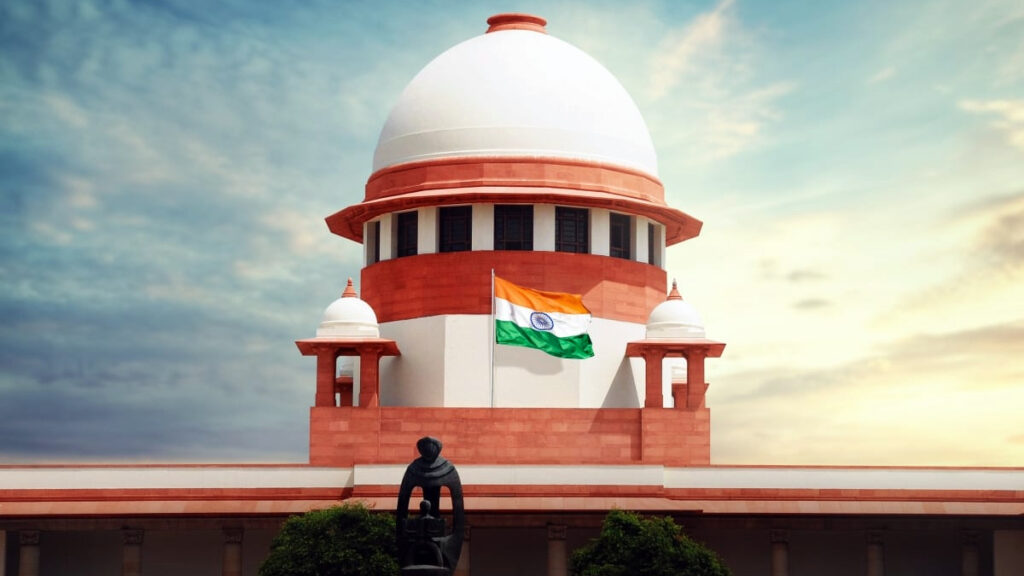
Supreme Court’s Directive on Contractual Special Teachers: An Analysis
Last Updated on March 14, 2024 by News Desk
Introduction:
In a recent development, the Supreme Court of India has issued directives pertaining to the engagement of special teachers on a contractual basis, emphasizing the need for transparency and regularization of their services. The Court’s intervention follows a judgment rendered on October 28, 2021, where various directions were issued to ensure the proper education and training of Children with Special Needs (CwSN) in both special schools and general schools. This article analyzes the recent directives of the Supreme Court and their implications for the education sector.
Issue:
The main issue addressed by the Supreme Court is the engagement of special teachers on a contractual basis without security of tenure. The Court has called for affidavits from all states in the country to provide detailed information about the number of contractual teachers who are trained and eligible for appointment by the Rehabilitation Council of India (RCI). Furthermore, the Court seeks to understand the service conditions of these teachers, including their pay-scale, years of service, and steps taken, if any, to regularize their employment.
Rule:
The directives of the Supreme Court are rooted in the spirit of its 2021 judgment, which called for the notification of norms and standards regarding pupil-teacher ratio for special schools and separate norms for special teachers in general schools. Additionally, the Court directed the creation of permanent posts in accordance with the specified ratio and the initiation of the appointment process to fill vacancies for rehabilitation professionals and special teachers on a regular basis.
Analysis:
The Court’s directives signal a significant step towards ensuring the rights and welfare of special teachers working on a contractual basis. By calling for comprehensive affidavits from all states, the Court aims to gather crucial information about the current status of contractual teachers and the measures taken by authorities to regularize their services. This move reflects the Court’s commitment to upholding the principles of equity and fairness in the education sector, particularly concerning vulnerable groups such as Children with Special Needs.
Conclusion:
In conclusion, the Supreme Court’s directives regarding contractual special teachers underscore the importance of ensuring stability and security in their employment. By invoking the principles established in its previous judgment, the Court seeks to promote inclusivity and quality education for all, especially for CwSN. It is imperative for state authorities to comply with these directives and take necessary steps to address the concerns raised by the Court, thereby fostering a more conducive environment for the education and development of special needs students.
Written by — Athi Venkatesh AVD



